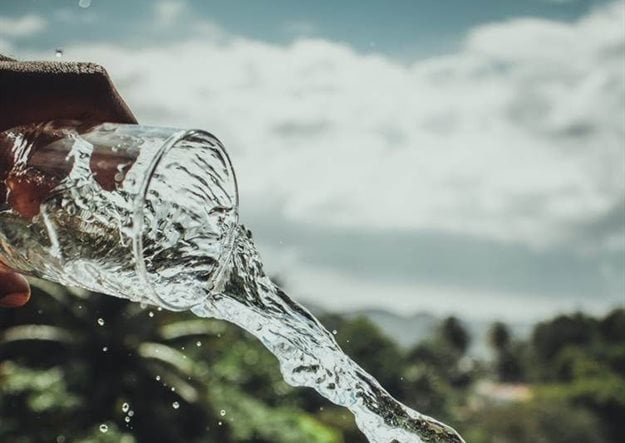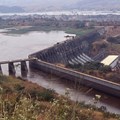Water is the foundation of the Big Four Agenda

The supply of clean water continues to be a problem despite the unveiling of the government’s plans to implement a water storage programme. The plan has a strong focus on ensuring that informal settlements and arid areas also have access to clean water and is aimed at increasing the numbers by 20% or in plain terms, safe drinking water to over nine million people by 2022. This goal does not appear to be achievable. With the government declaring a major hole in the funding budget, a more realistic timeline seems to be 2030.
With an estimated growth rate of at least 2.6% per annum, the Kenya National Bureau of Statistics projects a population of around 53 million by the end of the of 2022, when the plan was due to have been completed.
Water scarcity pressures
Kenya depends on natural resources and agriculture; therefore, the growing population will face considerable water scarcity pressures, including encroachment of marginal lands to cater for human settlement and deforestation of the five ‘water towers’, the natural forests that are water catchment areas. And it doesn’t stop there.
Data from the ministry indicates that nearly half of the residents of Nairobi, which equates to over two million people, does not have direct access to clean water and must rely on kiosks, bowsers, and illegal connections. The suggested deficit is 125 million litres per day.
However, according to a July 2020 report, published by the Athi Water Works Development Agency, the Nairobi water deficit is nearly three times the ministry figure at 304,000 cubic metres per day. This means that some Kenyans can go days without seeing a drop of water from their taps. In addition, the World Health Organisation issued an alert that most of the capital’s water is unfit for human consumption.
New technologies and systems
It is worth noting that the country spends far too much of its budget repairing failing sewer systems and damaged water pipes. The materials that are used are outdated, cumbersome and prone to quick deterioration. Kenya should look to new technologies and systems that are available when building their water infrastructure. Materials that will add value and sustainability to the city and across the whole nation.
To address the water scarcity issues, and bring hope, a strategic plan has been put in place for the construction of large and medium-sized dams, as well as investment in rainwater harvesting to finally save some of the surface water generated during rainy seasons.
The Athi report shows that once the Northern Collector Tunnel in Murang'a County is completed, it will boost the water supply by 140,000 cubic metres per day. Another 23 million litres per day will be injected from the Karimenu II Dam in Kiambu County. Both these are due to be commissioned by the end of 2022.
Need for culture change
Ruiru II and Maragua Dams, which are due for completion by 2023 and 2026, respectively will also add to the capacity but their commissioning dates means Kenyans will still have to live with a water crisis for at least the next five years.
There is an urgent need for a culture change. Employment of modern techniques and materials for the water industry, may cost more initially, but their whole life value is unquestionable. Innovative and sustainable approaches will ensure that all Kenyans have access to clean water, that the Big Four Agenda is achievable and most importantly; facilitate the goal of safeguarding our most precious resource.
About Simon Thomas
Simon Thomas, international consultant and board member of Megapipes Solutions LimitedRelated
ABB to install largest production capacity in the world production hoist at BHP's Jansen Potash Project 12 Mar 2025 Integrated water management solutions 5 Aug 2024 #WorldEnvironmentDay: Massmart commits to saving water 5 Jun 2024 Addressing South Africa’s water scarcity is everyone’s responsibility 22 Mar 2024
























